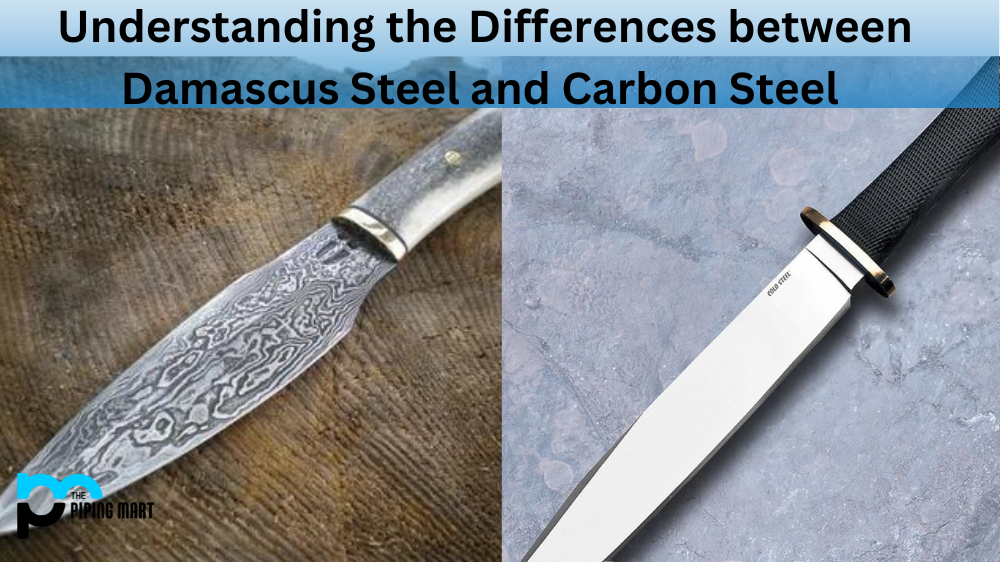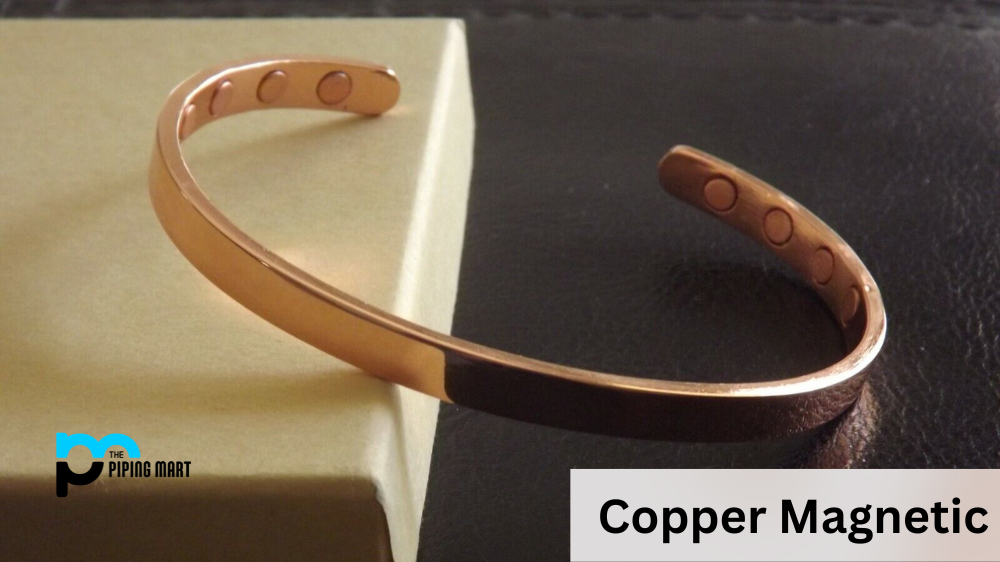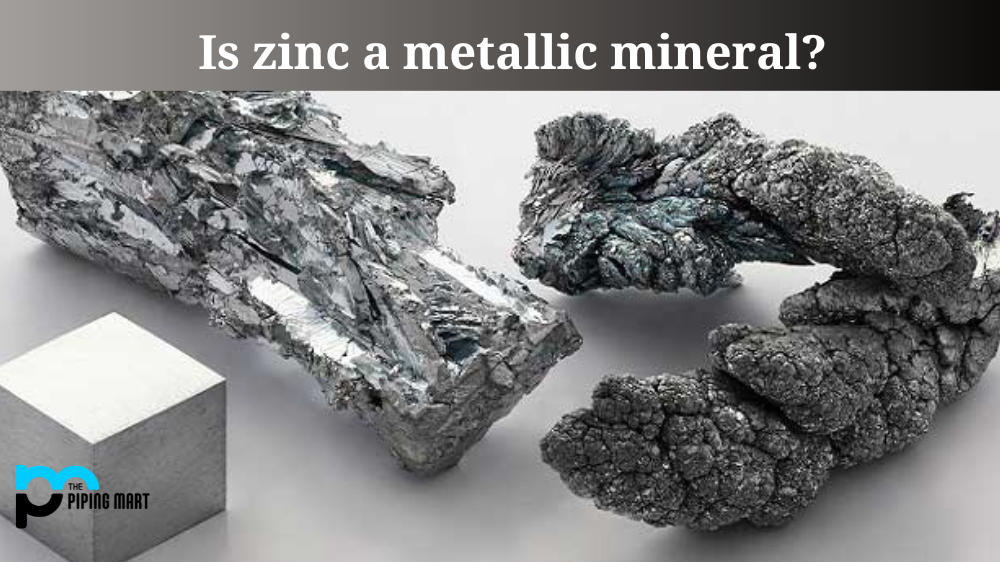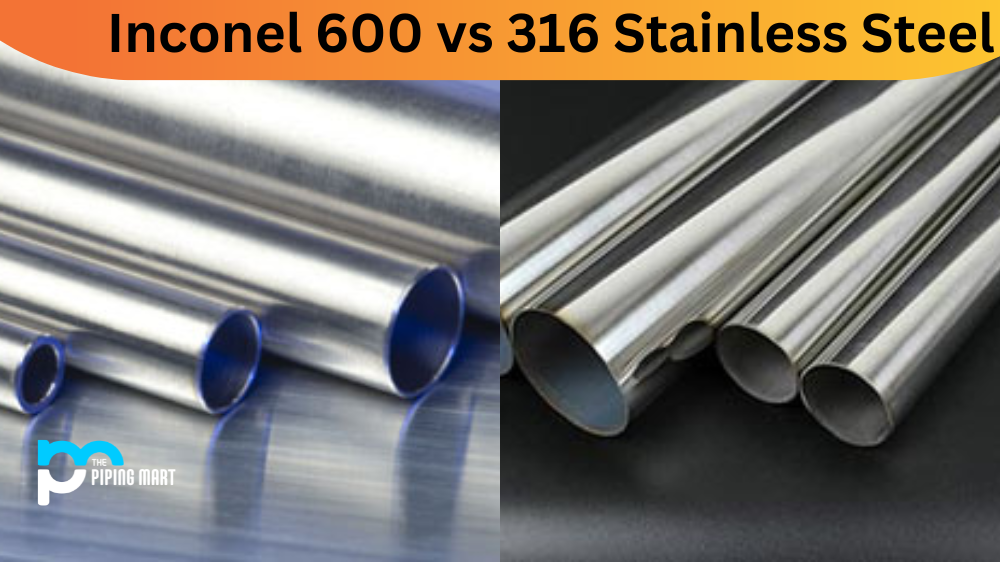When considering which type of steel to choose for your next knife, sword, or tool, two popular choices are Damascus steel and carbon steel. Though both can produce a quality product with the right care and craftsmanship, there are distinct differences that can help inform your decision. Let’s dive into what makes Damascus and carbon steel unique.
What is Damascus Steel?
Damascus steel has been around since medieval times. It is made by forging layers of different steels—often combining mild steel with higher-carbon steels—then folding it over and over to create multiple layers. This folding process creates a unique pattern in the steel, which gives Damascus its signature look. Moreover, many believe this folding creates a stronger structure than non-folded steels.
What is Carbon Steel?
Carbon steel is composed of iron and carbon and contains no other alloying elements. It is known for being incredibly durable due to its high hardness levels; however, it can be brittle in cold temperatures. Carbon steels range from low-carbon (around 0.3%) to high-carbon (above 1%). The higher the carbon content, the harder the blade will be once heat treated but also more difficult to sharpen and less resistant to corrosion than at lower carbon levels.
Difference Between Damascus steel and carbon steel
Composition
The first difference between Damascus steel and carbon steel is their composition. Damascus steel is made of a combination of iron and carbon, while carbon steel is made of just iron and carbon. Adding other elements to Damascus steel, such as manganese, chromium, vanadium, and molybdenum, gives it superior strength and durability.
Manufacturing Process
Another difference between Damascus steel and carbon steel is the manufacturing process. Damascus steel was traditionally made by combining two types of iron, Wootz steel, and wrought iron. Wootz steel is a type of cast iron that contains small amounts of other elements, such as manganese, chromium, vanadium, and molybdenum. Wrought iron is a type of cast iron that contains a higher percentage of carbon. The two types of iron are then forge-welded together and worked into the desired shape. On the other hand, carbon steel is made by combining iron with carbon in a furnace. The resulting alloy is then forged into the desired shape.
Strength and Durability
Due to its composition and manufacturing process, Damascus steel is stronger and more durable than carbon steel. Damascus steel can withstand more wear and tear without breaking or becoming damaged. Additionally, Damascus steel holds an edge better than carbon steel, meaning it stays sharper for longer periods.
Cost
One downside of Damascus steel is that it is more expensive than carbon steel. This is because it takes more time and effort to produce Damascus steel, as well as the fact it contains more expensive materials. If cost is a major consideration, carbon steel may be the better option.
Aesthetics
Another difference between Damascus steel and carbon steel is aesthetics. Damascus steel has a unique pattern created by the forge-welding process that many people find visually appealing. Carbon steel does not have this unique pattern but can be polished to a high shine if desired.
Conclusion:
In short, when it comes down to choosing between Damascus steel vs. carbon steel, there isn’t one answer that fits all applications; it depends on your specific needs. Damascus may be your best option if you are looking for something that looks nice but doesn’t have functional requirements like an everyday kitchen knife or work tool. On the other hand, if you need something strong and dependable that won’t corrode easily, then carbon may be preferable—as long as you take care in properly heat treating it first! No matter which type you choose, understanding the differences between these two types of steel will help ensure you get a quality product every time!

Pipingmart is B2B portal specializes in industrial, metal and piping products. Also, share latest information and news related to products, materials and different types grades to help business dealing in this industry.




